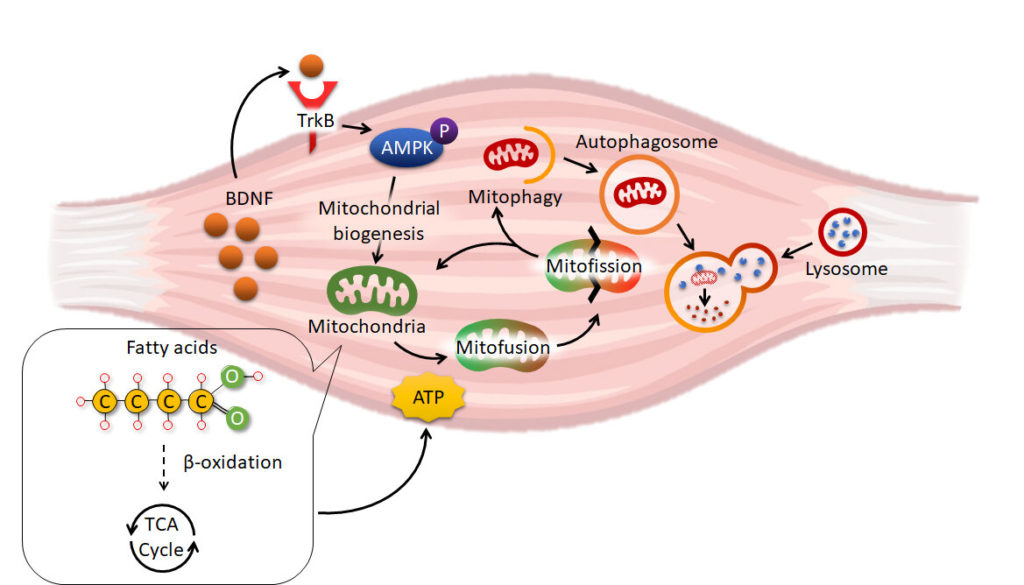
A decline in metabolism and endurance of skeletal muscle is commonly observed in obese patients, but the underlying mechanism is not well-understood. A research team led by Dr. Chi Bun Chan, Assistant Professor from School of Biological Sciences, Faculty of Science, the University of Hong Kong (HKU), uncovers a new mechanism to explain how obesity jeopardizes the functions of skeletal muscle and provides a potential treatment against the disease. The research findings have recently been published in the journal Autophagy.
Obesity is a metabolic disorder with increasing prevalence in modern society...
Read More






Recent Comments